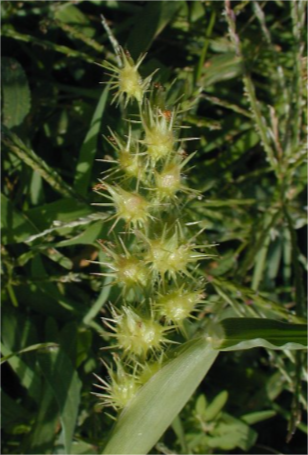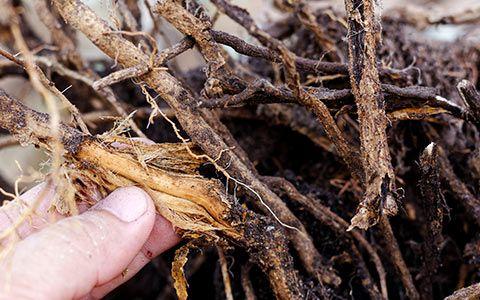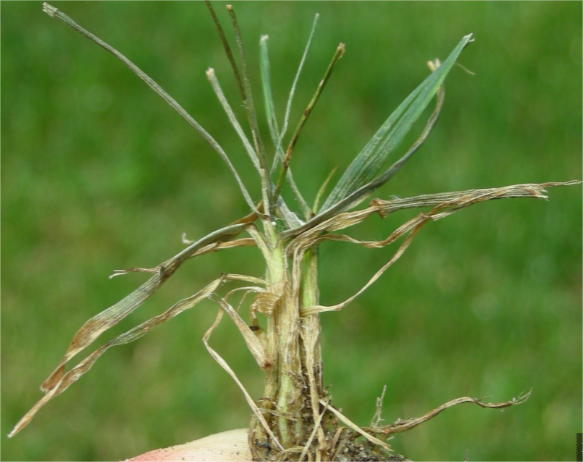Indian Sandbur Plant
Indian Sandbur thrives in well-drained, full-sun environments with low moisture, non-edible, and non-medicinal.

Habit
Grass
Height
1 to 3 m
Growth
Fast
Soil
Sandy soil
Shade
Full
Moisture
Low
Edible
No
Medicinal
No
Origin
India, Africa
Climatic Condition
Arid, Tropical
Temperature (°)
30 to 45
Humidity (%)
30 to 60
Potting media
Loamy soil
Fertilizers
Organic compost, NPK 2:1:2
Watering
Low
Plant Weight
200-500 g
Flowering Time
Summer
Soil Ph level
6.0 to 7.0
Water Ph level
6.0 to 7.5
Soil EC
0.2 to 0.6
Yield Per Plant
20-40 kg/tree
NPK ratio
10:10:10
life Span
Annual
Health Benefits
Used in forage, drought-resistant.
Suggested Grow Media or Potting Mix ?
50% compost, 25% peat moss, 25% sand
Suggested Fertigation/Fertilizers
Fertilize every 8 weeks with balanced fertilizer.
Common Diseases and Remedies
Leaf Spot, Rust, Powdery Mildew, Aphid Infestation, Root Rot
Brown lesions on leaves, Reddish-brown pustules on leaves, White powdery growth on leaves, Stunted growth, distorted leaves, Yellowing, wilting, stunted growth
Neem oil, Compost tea, sulfur spray, improve air circulation, insecticidal soap, Improve soil drainage.
Copper-based fungicides, Fungicides with propiconazole, Sulfur-based fungicides, Chemical insecticides, Soil-applied fungicides
HEALTH BENEFITS
· Used in traditional medicine for urinary tract issues.
· Has anti-inflammatory properties.
· May support kidney and liver health.

